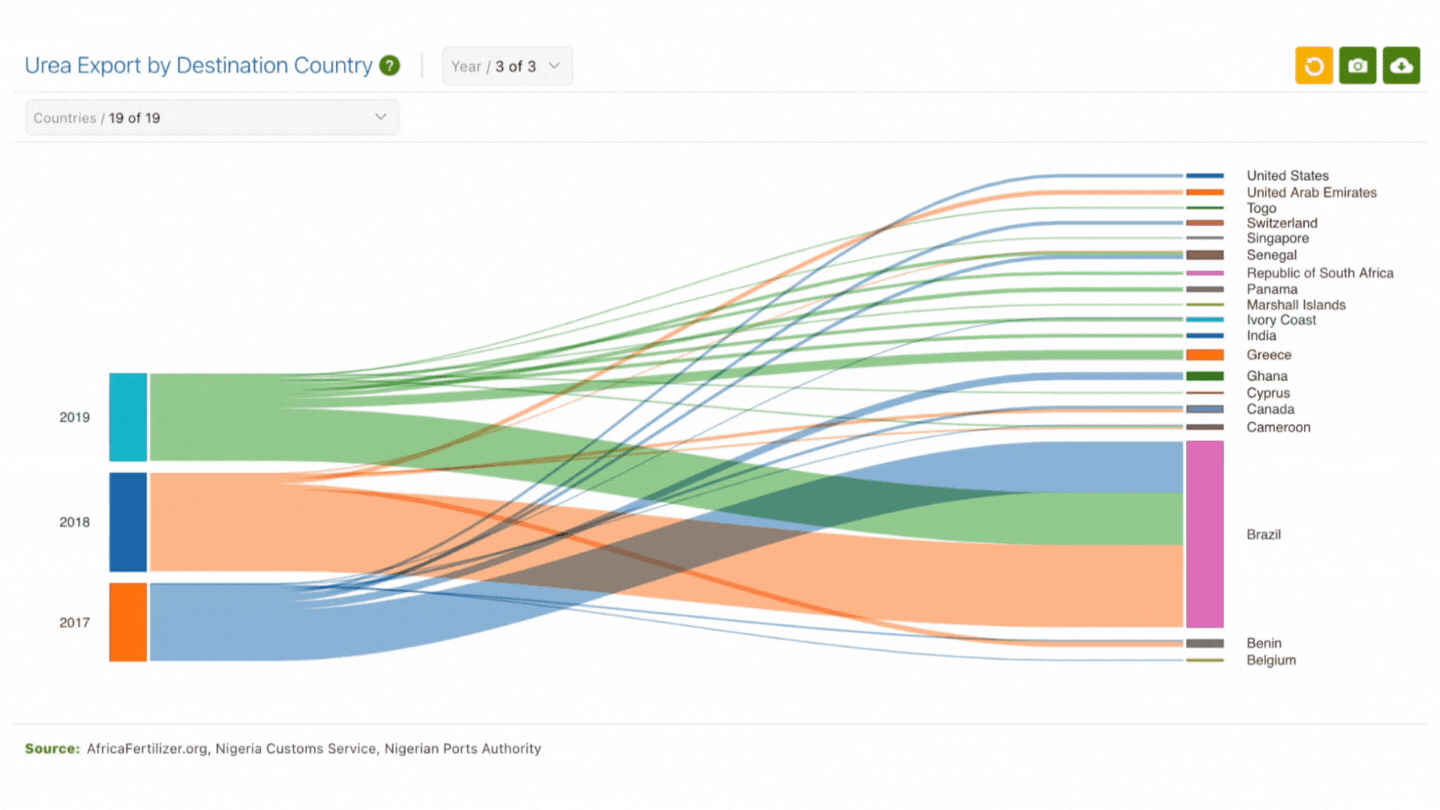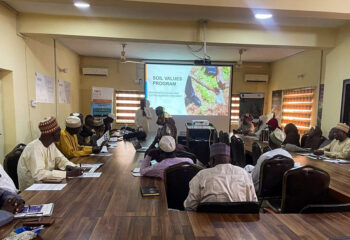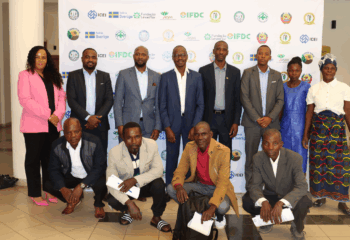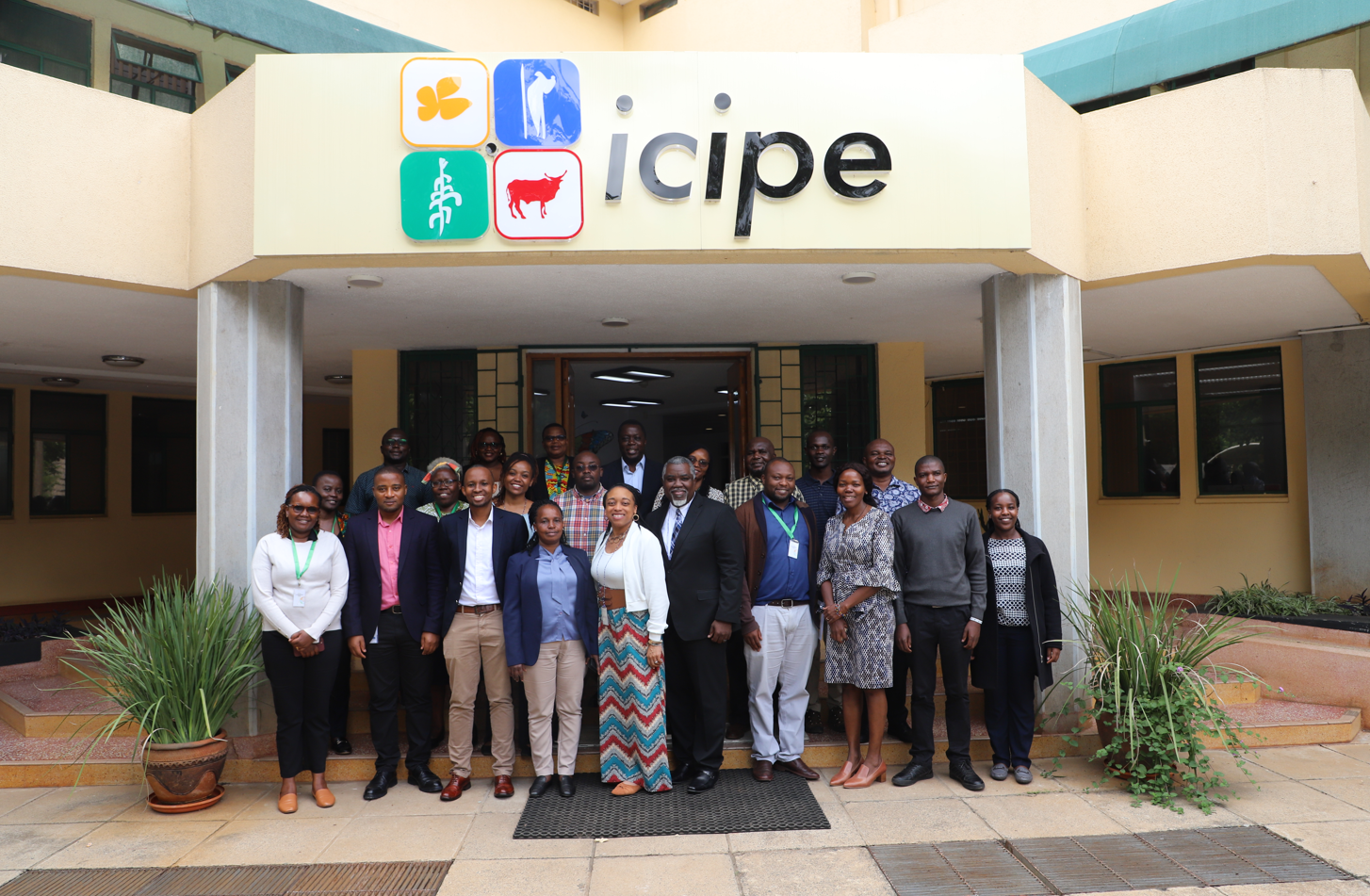In place of unwieldy spreadsheets and dozens of sources, the VIFAA Dashboard introduces a “one-stop-shop” for trustworthy, visually appealing information that is key to understanding Nigeria’s fertilizer sector.
23 June 2021, Abuja, Nigeria – Over the last two years, Development Gateway (DG) has collaborated with Africafertilizer.org (AFO), the International Fertilizer Development Center (IFDC), the Federal Ministry of Agriculture and Rural Development, Quantitative Engineering Design (QED), the private sector, research institutions, and development partners to map Nigeria’s demand, supply, and use of fertilizer data. These findings have come together through the Visualizing Insights on Fertilizer for African Agriculture (VIFAA) program, which is generously supported by the Bill & Melinda Gates Foundation and implemented in Kenya, Nigeria, and Ghana.
The Nigeria Dashboard
Together partners co-designed a publicly available dashboard (https://www.vifaanigeria.org) that aims to address key decision-making needs. The Dashboard contains 14 core indicators, such as fertilizer retail price, cropland under production, and monthly product imports, to highlight and visualize key aspects of Nigeria’s fertilizer supply chain. Partners worked extensively through group and individual sessions to gather feedback on data priorities, receiving input from stakeholders across institutions. Data for the dashboard comes from a broad range of private and public fertilizer stakeholders, with Africafertilizer.org gathering, validating, and updating the data on a regular basis. A full list of data sources and methodology for each indicator is available on the dashboard site.
“[The Dashboard] is a source that is trustworthy and credible enough to be used by everyone in the sector… it carries along all the stakeholders which is good for visibility and usage [of data].”
Private sector partner
Cropland Under Production
In a first for the VIFAA Program, partners worked to generate comprehensive cropland under production maps, some of the first in Nigeria’s recent history. Collaborating with machine learning and satellite imagery experts, QED, resulted in the generation of an updated map that provides information on the total land under production (across all crops) in Nigeria; what percentage is under production versus uncultivated; and how production breaks down by state and geopolitical zone. The partners hope that the dashboard and use of innovative tools to fill data gaps are the beginning of boosting data quality and use across Nigeria’s fertilizer sector.
“I think [the Dashboard] reduces the headache for many of us sourcing consistent, trustworthy data when you’re trying to implement strategic decisions.”
Private sector partner
The Partners
About Development Gateway (DG)
DG provides data and digital solutions for international development. DG creates tools that help institutions collect and analyze information; strengthen the institutional capacity to use data; and explore what processes are needed to enable evidence-based decisions. A mission-driven nonprofit since 2000 with staff based in five global hubs and around the world, DG supports the use of data, technology, and evidence to create more effective, open, and engaging institutions. More at www.developmentgateway.org.
About International Fertilizer Development Center (IFDC)
As an independent non-profit organization, IFDC works throughout Africa and Asia to increase soil fertility and develop inclusive market systems. Combining science-backed innovations, an enabling policy environment, holistic market systems development, and strategic partnerships, the organization bridges the gap between identifying and scaling sustainable agricultural solutions, resulting in improved household food security and enriched family livelihoods around the world.
About AfricaFertilizer.org (AFO)
The premier source for fertilizer statistics and information in Africa, AFO is hosted by IFDC and supported by several partners, key among them being the International Fertilizer Association (IFA), Argus Media, and Development Gateway via the VIFAA program. Since 2009, AFO has been collecting, processing, and publishing fertilizer production, trade, and consumption statistics for the main fertilizer markets in sub-Saharan Africa. AFO has an extensive network of fertilizer industry players in the main fertilizer trade corridors and maintains key information on the major producers, their production facilities and capacities, importers/suppliers, and various distribution channels.
About The African Fertilizer and Agribusiness Partnership (AFAP)
AFAP is an independent non-profit organization founded in 2012 by a partnership of African development organizations. It was built on the work of the Comprehensive African Agriculture Development Program (CAADP), a framework for achieving ambitious agriculture development goals set in place by African nations and leaders. AFAP implements sustainable development projects and advises public, private sector clients, NGOs, and donors on policies and market-driven business solutions in the agriculture inputs and agribusiness value chain. AFAP is a technical partner on the COVID-19 Africa Fertilizer Watch, conducting impact assessments of the pandemic on the Agrodealer business.
About Quantitative Engineering Design (QED)
QED builds data systems and AI for human health and agriculture, the two fields that are the most relevant to the security of humankind. QED has been developing national-scale maps of croplands in Sub-Saharan Africa (SSA) and South Asia for many projects over the past six years, usually developed in collaboration with field teams with expertise in agriculture and ecology to support their efforts. Public sector engagements that tasked QED with crop mapping include the Africa Soil Information Service (AfSIS), the Nepal Seed and Fertilizer Project (NSAF), and The Nature Conservancy. QED has also made maps for commercial agricultural and energy companies to help them expand activities in certain SSA countries.




